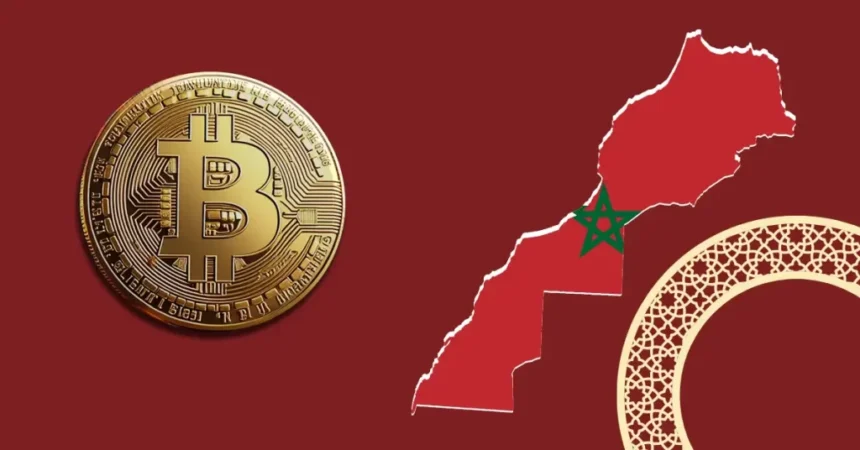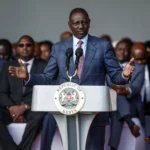Morocco is making notable strides in regulating cryptocurrencies, moving closer to legalizing and controlling digital currencies.
Despite a ban in place since 2017, approximately 3.1% of the population owns cryptocurrencies, often through peer-to-peer platforms that bypass restrictions.
Recognising this growing trend, the Bank Al Maghrib (BAM), Morocco’s central bank, is preparing a draft law to regulate crypto assets. Abdellatif Jouahri, BAM’s governor, recently confirmed at an international conference in Rabat that the proposal is in the approval process.
“Regarding central bank digital currencies, and like many countries around the world, we are exploring to what extent this new form of currency could contribute to achieving certain public policy objectives, particularly in terms of financial inclusion,” he said.
- Advertisement -
Beyond regulating cryptocurrencies, BAM is exploring the potential introduction of a central bank digital currency (CBDC). Unlike decentralized cryptocurrencies, CBDCs would be centrally controlled by the government, providing a stable and regulated alternative.
According to Jouahri, CBDCs could advance public policy goals like enhancing financial inclusion, a priority for countries addressing economic challenges.
Morocco has faced severe challenges from climate change, including droughts and water shortages. In response, BAM has directed Moroccan banks to integrate climate risks into their governance and investment strategies.
Globally, interest in cryptocurrencies is growing, despite regulatory hurdles. Bitcoin and other digital assets are increasingly popular in Morocco, placing the country among the leaders in cryptocurrency adoption. This rapid adoption underlines the urgent need for regulation to safeguard investors and ensure the security of financial systems.










